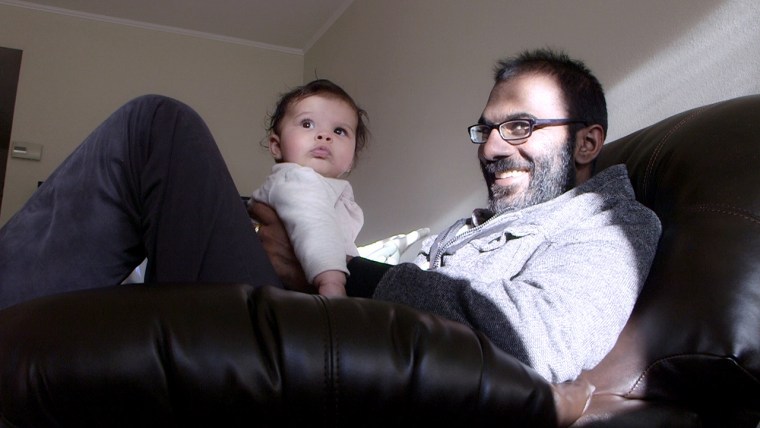This week, MSNBC is exploring the people that are changing today’s world with a special initiative called “7 Days of Genius.”
Dr. Paul Kalanithi is by all definitions, a genius. The 37-year-old doctor is a renowned Stanford neurosurgeon who graduated from Yale Medical School with honors. However, it’s not just his academic or medical achievements that make him a genius; it’s his writings and musings on living with terminal cancer.
In 2014, Dr. Kalanithi wrote an essay in the New York Times called “How Long Have I got Left?” after he was diagnosed with metastatic lung cancer. In it he wrote,
“I began to realize that coming face to face with my own mortality, in a sense, had changed both nothing and everything. Before my cancer was diagnosed, I knew that someday I would die, but I didn’t know when. After the diagnosis, I knew that someday I would die, but I didn’t know when. But now I knew it acutely. The problem wasn’t really a scientific one. The fact of death is unsettling. Yet there is no other way to live.”
In this month’s issue of Stanford Medicine Magazine, Dr. Kalanithi wrote another essay called “Before I Go.” In this profound piece, Dr. Kalanithi reflects on how his perception of time has changed as a surgeon-turned-patient facing a terminal diagnosis. He speaks specifically of his daughter Cady who was born the day after he was last released from the hospital. He says,

“I hope I’ll live long enough that she has some memory of me. Words have a longevity I do not. I had thought I could leave her a series of letters — but what would they really say? I don’t know what this girl will be like when she is 15; I don’t even know if she’ll take to the nickname we’ve given her. There is perhaps only one thing to say to this infant, who is all future, overlapping briefly with me, whose life, barring the improbable, is all but past.That message is simple: When you come to one of the many moments in life when you must give an account of yourself, provide a ledger of what you have been, and done, and meant to the world, do not, I pray, discount that you filled a dying man’s days with a sated joy, a joy unknown to me in all my prior years, a joy that does not hunger for more and more, but rests, satisfied. In this time, right now, that is an enormous thing.”